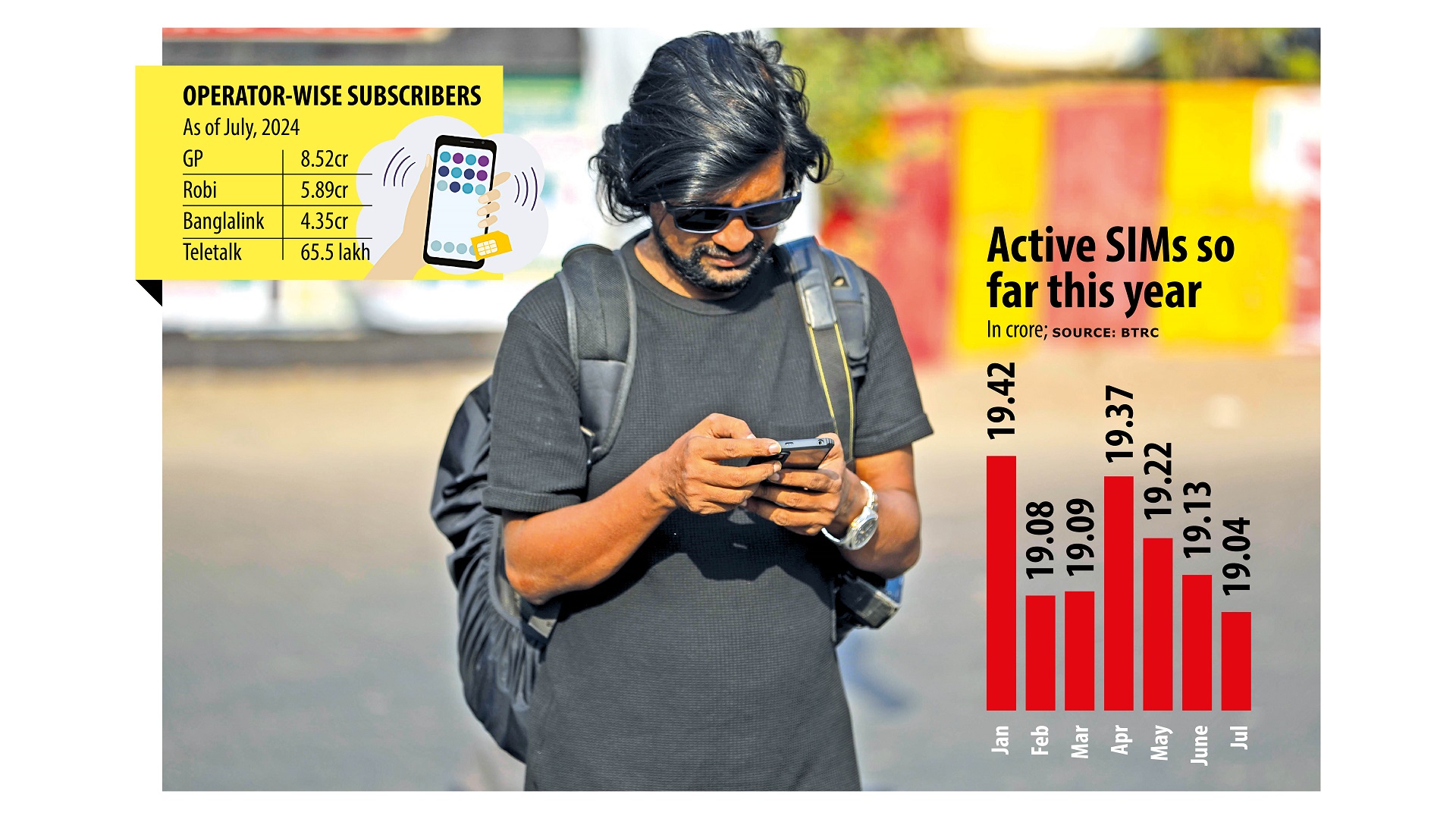Smartphones in classroom: Enhancing learning or undermining education

As an economics professor, I have witnessed firsthand the increasing presence of mobile phones in the classroom. While teaching at a renowned private university, I observed that many students opted to use their mobile phones to take snapshots of lessons and lectures written on the whiteboard, rather than using traditional methods like pen and paper to take notes. Moreover, some students used their phones to browse the internet or scroll through social media platforms like Facebook, claiming to search for study materials. While mobile phones offer the convenience of quick access to information, this freedom can often lead to distractions. Studies show that the mere presence of a smartphone, even if unused, can reduce cognitive capacity.
A study from Princeton University found that students who took notes by hand performed better in recall and conceptual questions compared to those who used laptops or other electronic devices. Two American scholars, Kuznekoff and Titsworth, in their 2013 study titled "The Impact of Mobile Phone Usage on Student Learning," (published in an international journal), found that students not using mobile phones during class took 62 percent more detailed notes, retained more information, and earned better grades compared to those who used their phones. Additionally, an Indian national daily identified five negative effects of mobile phone usage on students: lack of concentration, impaired vision, poor exam performance, stress, and cyberbullying. In this context, it is concerning that prolonged mobile phone use may hinder students' ability to gain essential knowledge and skills. Although the specific impact in our country is yet to be studied, this issue demands serious consideration.
On the other hand, mobile phones have also facilitated academic dishonesty, particularly through social media platforms. Recently, the country has witnessed a disturbing trend of exam paper leaks on social media, which is a serious crime under the law. The ready availability of leaked question papers has created demand among students seeking unfair advantages, underscoring the ethical challenges posed by the widespread use of smartphones. A study in India revealed that 64 percent of students admitted to using their mobile phones to cheat during exams, a trend exacerbated by easy access to the internet and social media.
This issue reflects the duality of mobile phone usage in education. While these devices offer cutting-edge features that enhance access to information, they also create avenues for unethical behaviour. The misuse of social media for academic dishonesty not only compromises the integrity of the education system but also hampers students' development of genuine knowledge and skills.
The rise of mobile technology in education has also led to a decline in the role of traditional libraries. In the past, libraries were essential spaces for learning, research, and knowledge acquisition. However, with the proliferation of digital resources, fewer students are required to physically visit libraries to borrow or read books. According to a survey by the Pew Research Center, 53 percent of millennials have used a public library within the past year, compared to 70 percent in earlier decades. The shift towards e-books, online journals, and digital learning platforms has made it easier for students to access information anywhere and anytime, reducing the need for brick-and-mortar libraries.
As we continue to move toward a paperless world, it is foreseeable that the role of physical libraries may diminish even further. In fact, some universities are already transforming their libraries into digital resource centres, with fewer books and more online databases. This trend raises concerns about the future of librarians, library buildings, and the communal aspect of learning that libraries traditionally foster. While mobile phones and digital technologies promote convenience, they may also contribute to the erosion of these important educational spaces.
Given the complex impact of mobile phones on education, it is crucial to strike a balance between leveraging their advantages and minimising their drawbacks. Several strategies can be employed to achieve this:
1. Implementing Mobile Phone Policies: Educational institutions should establish clear policies on mobile phone usage in classrooms. Banning or limiting their use during lectures can help minimise distractions and encourage students to engage more actively with the material. As research has shown, restricting mobile phone usage can lead to improved academic performance, particularly for lower-achieving students.
2. Promoting Responsible Usage: Students need to be educated about the responsible use of mobile phones. While these devices can enhance learning, they must be used purposefully. Teachers can encourage students to use their phones for specific academic tasks, such as conducting research or accessing educational apps, rather than for passive browsing or social media.
3. Encouraging Critical Thinking: To counteract the superficial learning often associated with mobile phone use, educators should emphasise critical thinking and deeper engagement with the material. Assignments that require students to synthesise information from multiple sources, rather than just looking up quick answers, can help foster more meaningful learning experiences.
4. Revitalising the Role of Libraries: Libraries should evolve to meet the needs of the digital age by providing access to both physical and digital resources. Educational institutions can also promote libraries as spaces for collaborative learning and research, encouraging students to explore deeper, more rigorous sources of knowledge.
In sum, mobile phones are reshaping the educational landscape in both positive and negative ways. On the one hand, they provide students with unprecedented access to information and learning resources, enabling flexible and convenient learning. On the other hand, they also pose significant challenges, including distractions, academic dishonesty, and a shift away from traditional methods of deep learning. While the role of mobile phones in education is undeniable, it is essential to consider how their use affects students' knowledge, skills, and competencies. By implementing thoughtful policies and promoting responsible use, we can harness the benefits of mobile phones while minimising their negative impact on education.
Dr Shamsul Arifeen Khan Mamun is a professor of economics and a member of the BCS general education cadre. He is currently attached to the Directorate of Secondary and Higher Education (DSHE) under the Ministry of Education.
Views expressed in this article are the author's own.
Follow The Daily Star Opinion on Facebook for the latest opinions, commentaries and analyses by experts and professionals. To contribute your article or letter to The Daily Star Opinion, see our guidelines for submission.




 For all latest news, follow The Daily Star's Google News channel.
For all latest news, follow The Daily Star's Google News channel. 

Comments